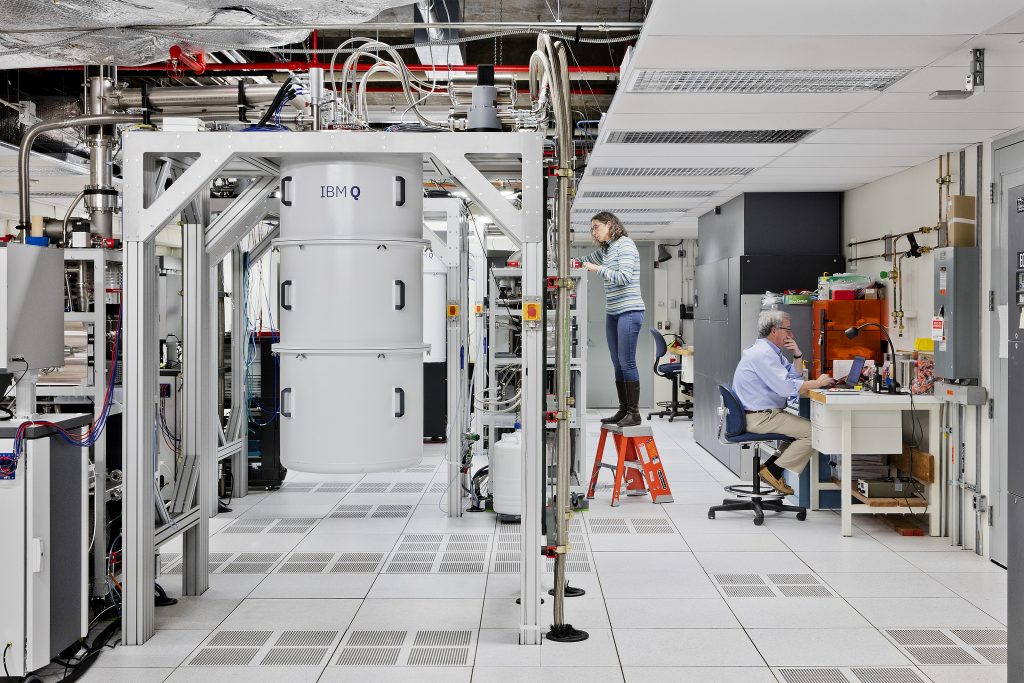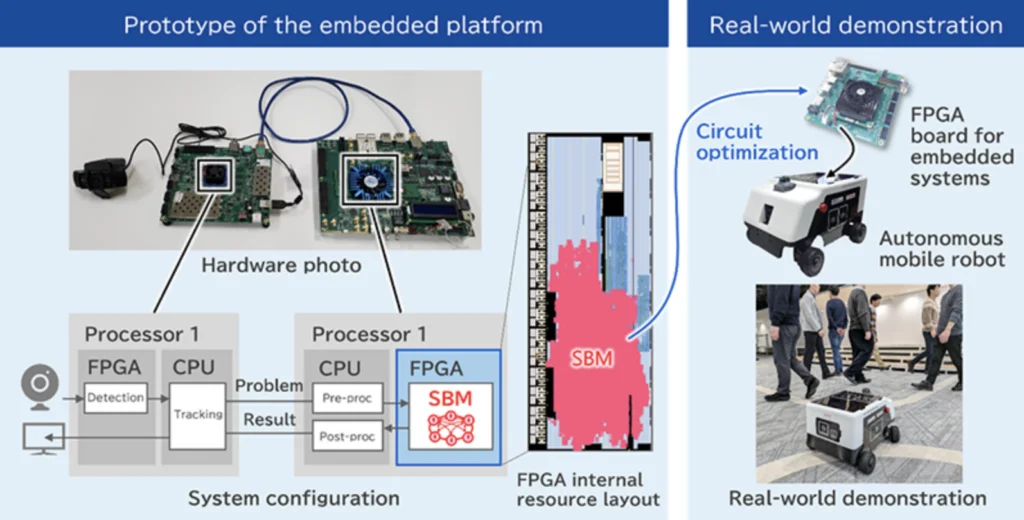IBM’s Quantum Computer Research Center doesn’t want quantum computers sitting around their lab, they want them working for businesses and industry, according to Scott Crowder, vice president and CTO of IBM Q, who spoke with the Digital Journal.
Crowder expects big things for quantum computing and already has some ideas of where these devices will have the biggest impact.
“Universal quantum computers have the potential to solve certain classes of intractable problems that are too large or time-consuming for today’s classical computers to answer, alone,” said Crowder. “A good example of where these problems exist is in simulating chemistry. Classical computers – even supercomputers – quickly run out processing power attempting to perfectly simulate molecular interactions.”
Much of this capability is still “years away,” said Crowder, but this early stage of quantum computing development is at a critical stage.

“Quantum computing is still in early development. We’re in a comparable era to where classical computers were in the 1950s – except, today, everyone has access to quantum computers, over the cloud,” said Crowder. “Imagine having a few years to prepare for the next generation of computing, while they’re still prototypes?”
Still, his group said it is creating that community of quantum computer pioneers who will take the machines from labs to businesses. It’s a process that’s already starting, he added.
“The IBM Quantum Computation Center is the first example of taking multiple quantum computers out of the research lab, and optimizing them for the reliability and reproducibility of programmable multi-qubit operations – enabling state-of-the-art quantum computational research with 95 percent availability to support our community of more than 150,000 registered users and nearly 80 commercial clients, academic institutions and research laboratories,” he told the site.
Crowder added that IBM’s latest quantum computer –a 53-qubit quantum system — is “the single largest universal quantum system to be made available for commercial use, to date.”
Next step will be to continue to create quantum computers that can be used to address practical problems.
“IBM’s goal is to develop accessible quantum computers that can reliably implement a broad array of quantum algorithms and programs that solve practical problems – that have a quantum advantage over what classical computers can do, alone,” he said. “When we reach this era of quantum advantage in the next few years, it will accelerate discoveries in science and create commercial value in business. This capability, no matter current claims, has not been realized, yet.”















